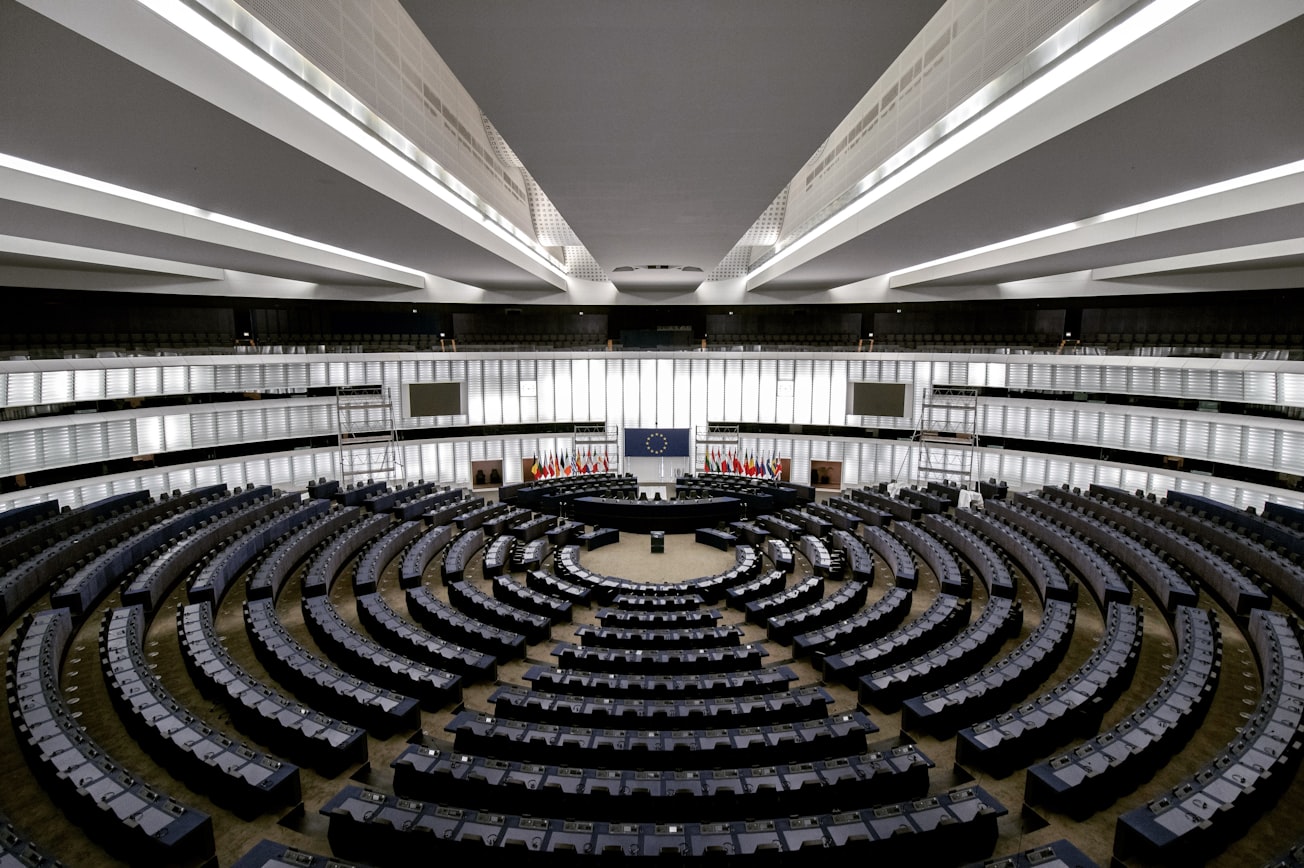What is it about?
What can European and other states do to keep multilateral institutions alive and effective if the United States opposes or obstructs them? This question posed itself across numerous policy fields in the era of Donald Trump, but is likely to stay relevant due to a long-term trend of US withdrawal from the world stage and US skepticism of compromising national interests for the global public good.
Featured Image

Photo by Frederic Köberl on Unsplash
Why is it important?
As global economic and military power shifts from the United States as the former global "hegemon" multilateralism to China and other rising powers, and US attention shifts from bolstering global multilateralism to great power competition, other states interested in preserving the multilateral system face a difficult task. Our compares successes and failures in the Trump years both to predict under what conditions "non-hegemonic cooperation" is possible and to derive advice for policy-makers.
Perspectives
Discussions about non-hegemonic cooperation already spiked in the years of the George W Bush administration, but this they are led under changed global conditions, that is, against the background of a global power shift. Whereas in the Bush years the US was able but unwilling to lead multilaterally, today the US is both skeptical and less able to shape global institutions.
Caroline Fehl
Peace Research Institute Frankfurt
Read the Original
This page is a summary of: Dispensing With the Indispensable Nation?, Global Governance A Review of Multilateralism and International Organizations, March 2019, Brill,
DOI: 10.1163/19426720-02501006.
You can read the full text:
Contributors
The following have contributed to this page







